Essay on Prevention is Better than Cure:
| Who would not give a trifle to prevent what he would give a thousand worlds to cure?…. (Young) |
This pithy saying teaches us the value of foresight. Foresight is the ability to see future needs and to take timely steps to meet these. One timely stitch can save nine which may have to be given to a garment later on. Prevention is better than cure because prevention is more effective, less troublesome, and less costly. It is far better to avoid falling ill by taking regular exercise than to pay a doctor’s exorbitant bill.
Our daily life provides us with many illustrations which bear out the truth of this saying.
To begin with, let us take the case of a person who does not get himself vaccinated at the proper time. He is an easy target for smallpox which is sure to claim him as its victim at a time when it is raging in an epidemic form. It is then that the person realizes the importance of taking precautions. Taking precautions is easy and cheap. Starting the treatment after one has contracted a disease, is a costly affair.
It is better to use, for example, the mosquito net and save oneself from exposure to mosquito bites and than to get malaria, than to fall ill and submit oneself to a treatment at that stage. If precaution is not taken at the proper stage, a slight ailment such as bronchial cough may soon develop into pneumonia which may prove fatal.
This proverb is equally suited to developments elsewhere, such as in the sphere of morals and character. Evil can be easily nipped in the bud. But if it is tolerated and allowed to grow and take firm root in one’s nature, it will require much greater effort to control it. Take the care of a heavy drinker. Just advise him to give up drinking. Ten to nine he may agree with you and say that drinking ruins the health but he, at the same time, will plead helplessness. He may say that drinking saves him from troubles of another type. If he stops being too fond of the bottle, he is sure to develop other troubles. He thinks drinking to be the lesser evil. The point to note is that he could have cured himself of the habit when he had just started drinking. A confirmed drinker like a confirmed smoker pleads helplessness because the habit may have become chronic and incurable.
A child can avoid bad habits and bad manners if necessary precautions are taken at the early stage. When he has become a confirmed offender, even he may feel it impossible to reform himself. Habit has become second nature and it requires a heroic effort on his part and on the part of his well-wishers to uproot it. A person who neglects his health in his early life has to pay a heavy price for the neglect later on. Anyone who does not guard against bad company will soon find himself on the verge of moral bankruptcy. A student who neglects his studies soon learns to his cost, that he is a straggler. He has to work much harder to remove this stigma. A little precaution taken in the very beginning would have done the trick. Now at a later stage, much more effort is needed to tackle the same mistake and the result cannot be as sure as in the first case.
We act upon this very maxim when we fix a conductor at the top of our multi-storeyed building. Our purpose is to save it from in an attack of lightning. We live in earthquake-proof houses to minimize the chances of being buried in their debris in the event of an earthquake. We avoid overfeeding ourselves for fear of indigestion. We don’t overwork for fear of a nervous breakdown.
I have cited examples at random to make my point that prevention is better than cure. The prick of a needle is nothing in comparison with the attack of the bacilli that will bring on disease. In our ignorance, we take every precaution against the former but seldom do anything to guard against the latter. When the disease actually seizes us, we send for the doctor and resort to other steps to effect a speedy cure. But if the doctor tells us to beware of the minute germs or viruses, we pooh-pooh the very idea. There are others who have blind faith in God. They do not bother about the prevention of disease. Such men are extremely short-sighted. They are like the people who lock the stable after the thief has stolen the horse.
It is a pity that wisdom should be bought at such a heavy price. We must know that every moment brings some instructions for us to follow because in every form God has infused wisdom. It would be foolish of us not to take advantage of these circumstances. The so-called oracles are none but those who derive lessons from experience and avail themselves of the instructions that the hours bring.
In our times, hospitals and clinics dot the country plenty. Their golden rule which they themselves follow and impress upon every person visiting them is “prevention is better than cure”. Public lectures are delivered. Viewers on the television are told again and again how they can keep disease at bay and how by following simple rules regarding diet and their normal lives, they can preserve good health. It is our duty to remember the instructions given by them.
“Prevention is better than cure” is a saying of universal application. It applies even to political matters. Wars, for example, can be avoided if the craze for armament is curbed. Revolutions can be quelled by pacifying agitated mobs. The proverb asks us never to postpone till tomorrow what one can do today. It tells us how dangerous it is to overlook a disease or a bad habit. Prompt steps must be taken to cure it before it becomes serious.
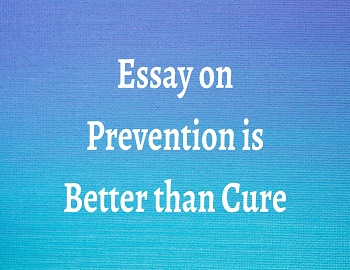
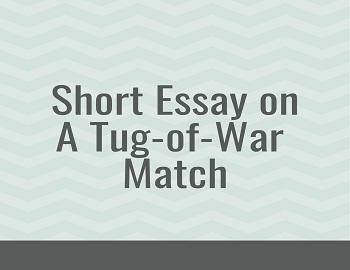
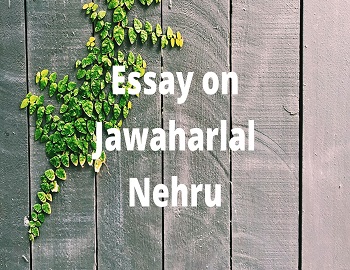
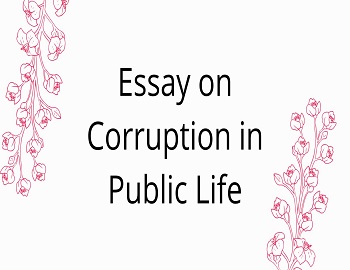
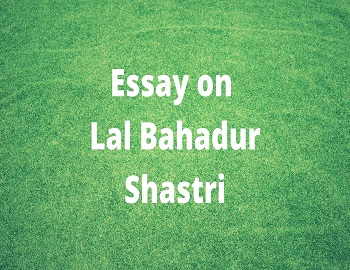

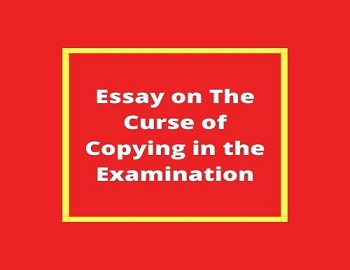

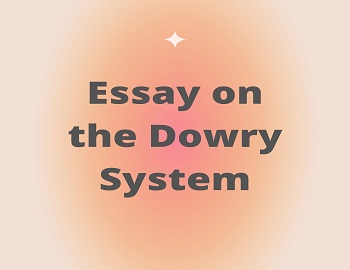
Comments (No)